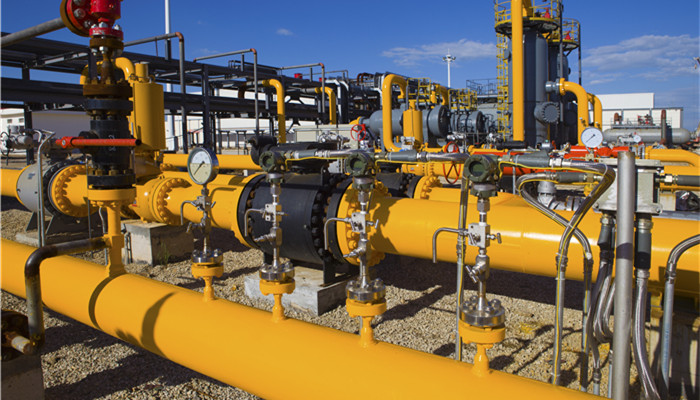
The downstream application market is favorable and disperse dyes have broad development prospects.
Disperse dyes are non-ionic dyes with small molecules and no water-soluble groups in their structure. They have the advantages of small particles, complete chromatography, sublimation resistance, low solubility, not easy to fade, strong environmental protection performance, and wide application scenarios. Disperse dyes require the use of dispersants to evenly distribute the dyes in the dye solution to dye fibers. They are mainly used for dyeing and printing of hydrophobic materials such as nylon, polyester, and acetate fibers.
Disperse dyes can be divided into high-performance dyes such as conventional dyes, high-fastness dyes and super alkali-resistant dyes according to their application performance; they can be divided into disperse orange, disperse red, disperse blue, disperse yellow, disperse green, disperse violet, etc. according to color; The molecular structure can be divided into azo type, heterocyclic type and anthraquinone type.
my country is the country with the most advanced dye production technology, the highest output and the largest variety in the world. Disperse dyes are the most important dyes produced in my country, accounting for approximately 45.6% of my country’s total dye production. Among them, my country’s azo type disperse dyes have the largest output, accounting for about 74.7%; followed by anthraquinone type, accounting for about 20.2%; and the third is heterocyclic type, accounting for about 5.1%.
According to the “Disperse Dyes Industry Market In-depth Research and Investment Prospects Forecast Analysis Report 2023-2028” released by the Industrial Research Center, from In terms of downstream applications of disperse dyes in my country, the printing and dyeing of polyester fiber fabrics is its main application field, accounting for about 95.3%, and the printing and dyeing of other chemical fiber fabrics only accounts for 4.7%. Polyester is the largest synthetic fiber category in my country, accounting for approximately 90.3% of the total synthetic fiber output. With the continuous breakthroughs in my country’s science and technology, the rapid development of polymer chemistry and organic synthesis industries, my country’s polyester production and processing are gradually developing towards continuity, automation, and efficiency. Polyester output is increasing year by year, and is expected to exceed 60 million tons for the first time in 2023. The rapid growth of polyester production has driven up the market demand for disperse dyes, and disperse dyes have broad development prospects.
my country is the largest exporter of dyes, with an annual export volume of disperse dyes reaching more than 100,000 tons. Among them, Zhejiang is the main exporting province and city of disperse dyes in my country, accounting for about 79.7% of my country’s total exports; followed by Shanghai, accounting for about 7.6%; and third is Jiangsu, accounting for about 6.6%. Indonesia, Brazil, South Korea, Taiwan, Vietnam, Pakistan, etc. are the main exporting countries and regions of disperse dyes in my country. Among them, Indonesia accounts for approximately 15.4% of my country’s disperse dye exports, ranking first; followed by Taiwan, China, accounting for approximately 13.4%.
Industry analysts said that at present, there are many disperse dye manufacturers in my country, the market concentration is high, and there is an oligopoly competition situation. Major domestic manufacturers of disperse dyes include Zhejiang Longsheng, Runtu Co., Ltd., Jiangsu Zhijiang, Jihua Group, Wanwei High-tech, Yabang Co., Ltd., Anoqi, Boao Co., Ltd., Rongsheng Petrochemical, Huaxi Co., Ltd., etc. Among them, Zhejiang Longsheng, Runtu Co., Ltd., and Jihua Group are the leading disperse dye production companies in my country, accounting for approximately 78.4% of my country’s disperse dye market share.

 微信扫一扫打赏
微信扫一扫打赏

